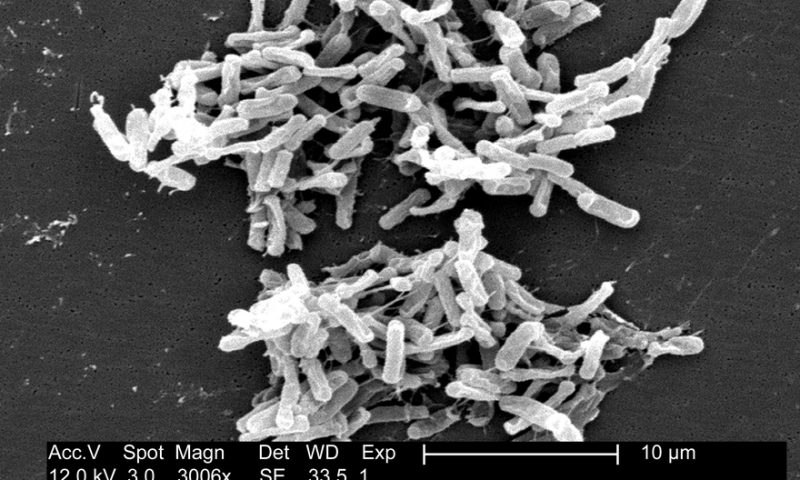Finch Therapeutics’ lead microbiome drug beat the standard of care at banishing recurrent Clostridium difficile infections in a phase 2 study, laying the groundwork for a second pivotal trial and teeing up a second program in hepatitis B.
The study pitted the drug, CP101, against placebo in 206 patients who had undergone the standard-of-care antibiotics for C. difficile infection. One dose of CP101 staved off recurrent C. difficile infections for eight weeks in nearly three-quarters of patients, compared to 62% of patients who received placebo.
People tend to develop C. difficile infections after taking antibiotics, which, in addition to killing disease-causing bacteria, can disrupt the gut microbiome. The Centers for Disease Control and Prevention estimates 1 in 6 people who get C. difficile will get it again in the next two to eight weeks.
The standard of care is usually more antibiotics, which can curb the growth of C. difficile but does not address the underlying cause of the infection. Finch’s treatment is designed to do just that by restoring the gut microbes patients have lost thanks to antibiotics. CP101 is a full-spectrum microbiota treatment, meaning it delivers “as much of the microbial community as we can,” Finch CEO Mark Smith told FierceBiotech.
“We’re starting off delivering the whole to see what happens. If it works, then great, but we can also unpack it, figure out how it works, take out components and deliver them to patients,” he added.
Over time, Smith sees Finch developing a “second wave” of treatments that don’t contain all the bacteria in the microbiome but rather a subset of them that are “driving clinical outcomes.” It’s already doing that work in ulcerative colitis through its partnership with Takeda.
Next up, Finch plans to take CP101 into chronic hepatitis B infections, with a clinical trial slated for next year and interim data to come by the end of 2021. It chose hep B on clinical evidence that linked restoring the microbiome through fecal microbiota transplants with clearing the hepatitis B virus antigen—even in patients for whom long-term antiviral treatment did not work.
Beyond C. difficile and hepatitis B, there is a “reasonable list” of other indications CP101 could target.
“We can’t do too much at once; we need to make sure we can deliver on the things that we already have on our plate,” Smith said. “There is a number of other indications that we are closely watching and we will see as new opportunities as new evidence emerges and bandwidth on our team emerges.”

